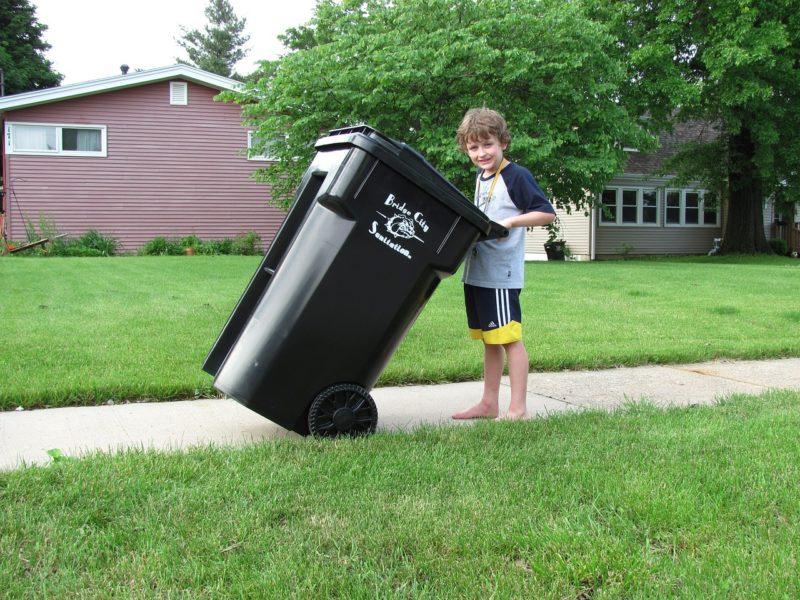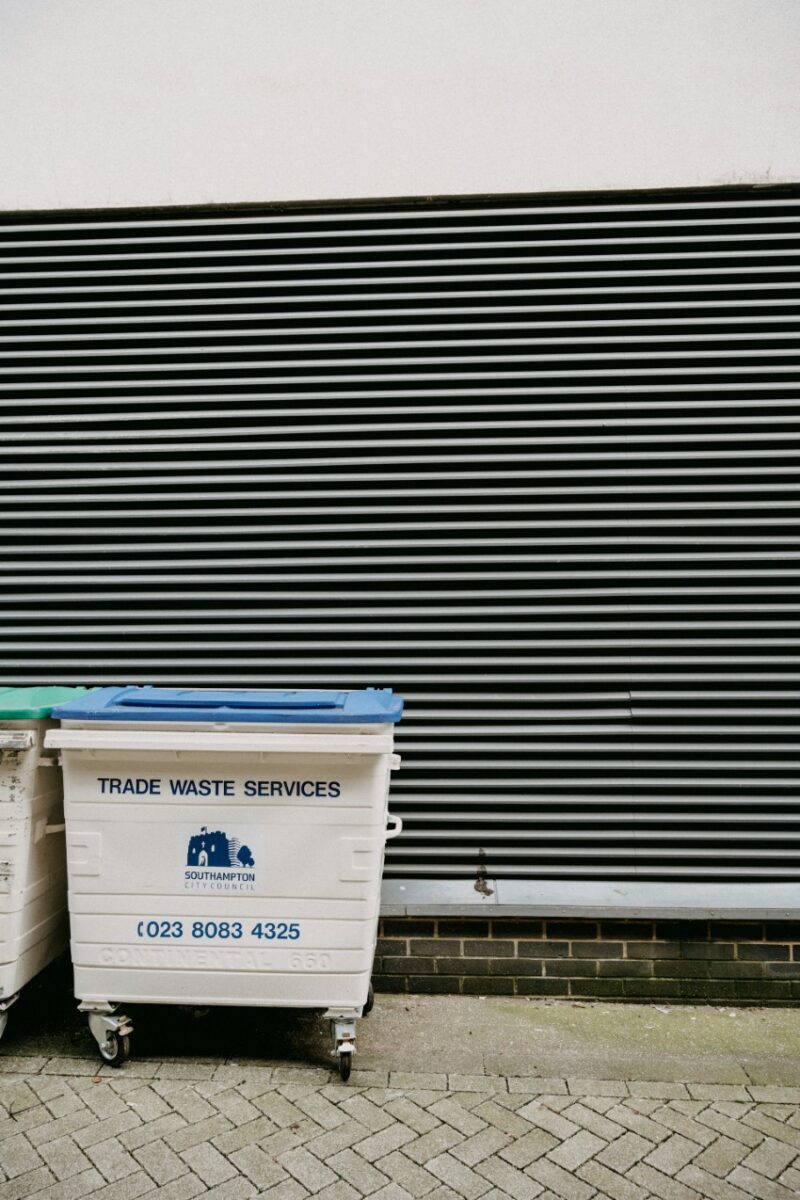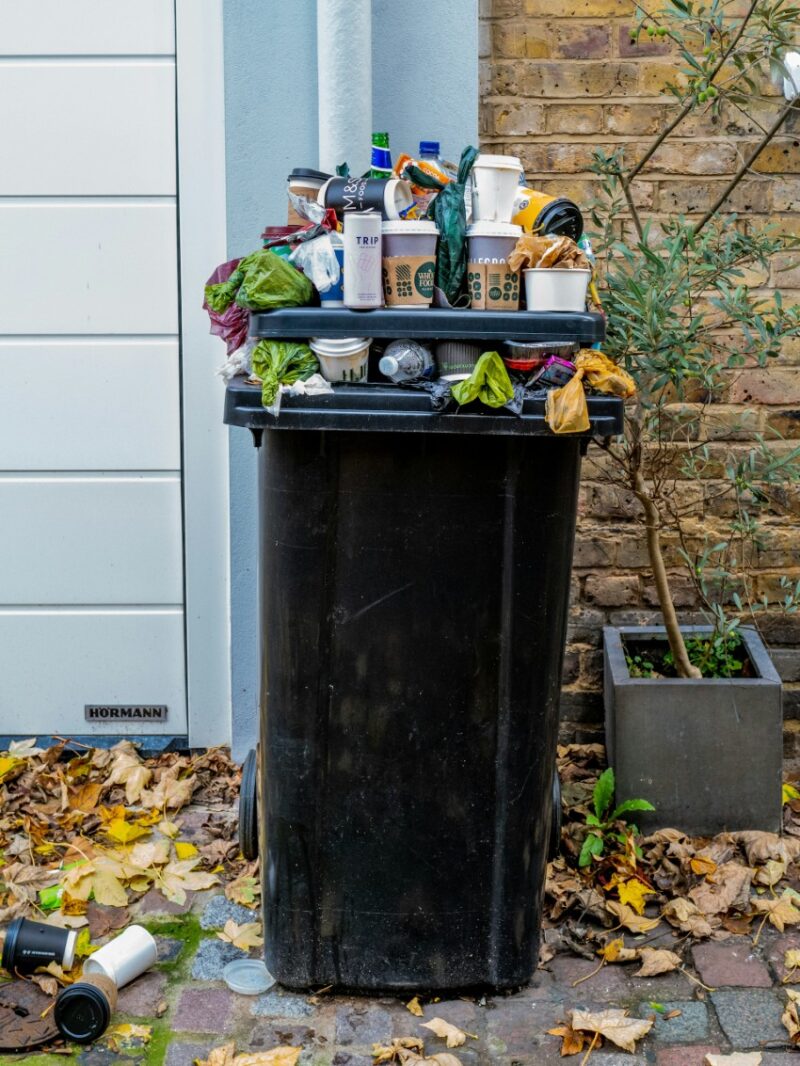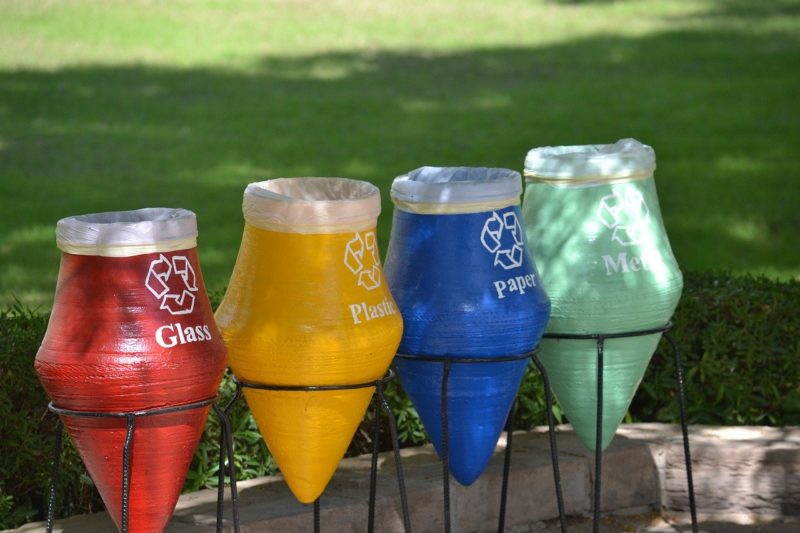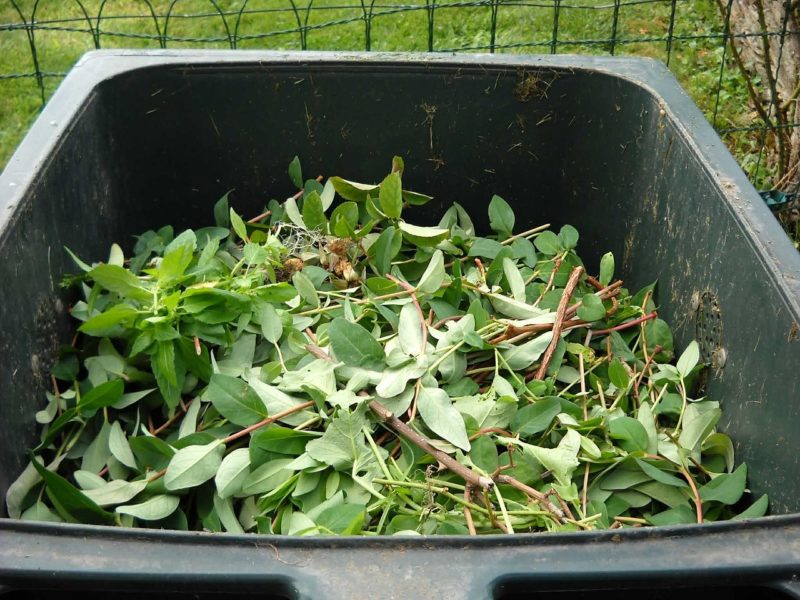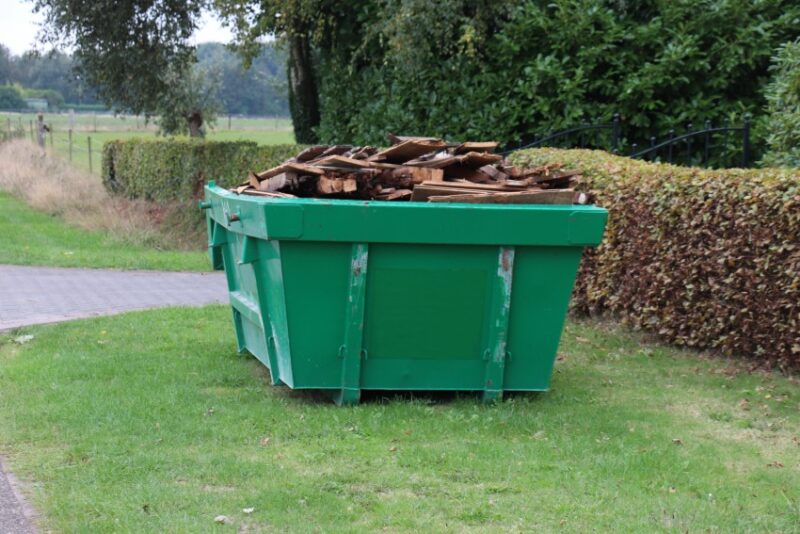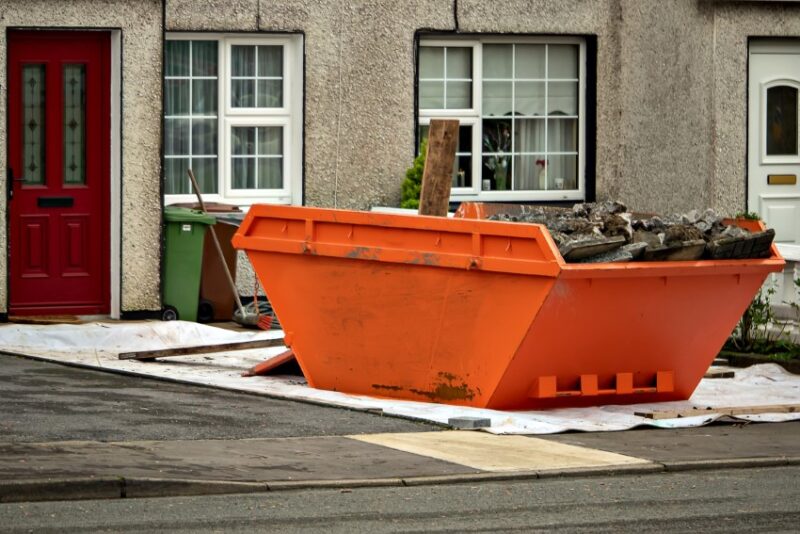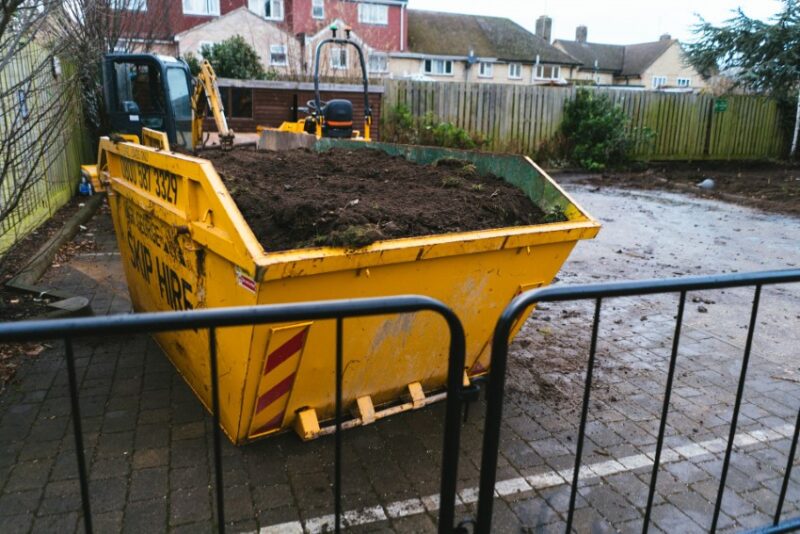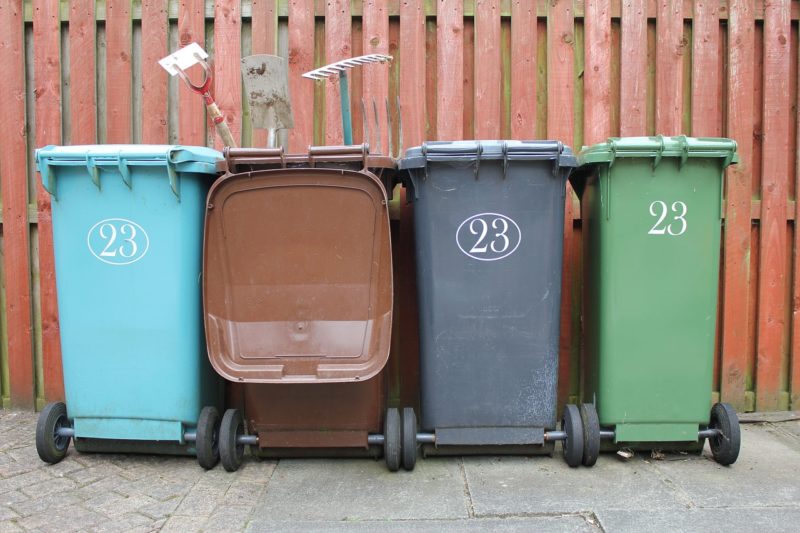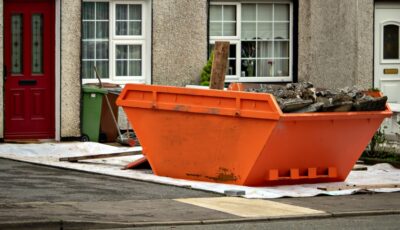Understanding the Importance of Proper Waste Management
Woodbridge, Virginia, is a thriving community where growth and development have taken center stage in recent years. As more homes, businesses, and public spaces emerge, one pressing challenge stands out: effective waste management. Whether you are renovating your home, managing a construction site, or clearing out accumulated clutter in your garage, proper disposal of waste materials is critical for maintaining cleanliness, ensuring public safety, and preserving the environment for future generations. When done right, waste management not only improves the appearance and hygiene of your surroundings but also reduces ecological footprints and supports sustainable community growth.
As residents and businesses in Woodbridge become increasingly conscious about the environmental impact of their actions, the need for robust, efficient waste management solutions continues to grow. This includes understanding what materials can be recycled, where to dispose of hazardous items, and which strategies to employ for large-scale cleanouts. By taking a proactive approach, property owners and managers can help protect local ecosystems, support public health, and ensure the community remains a desirable place to live and work.
Why Traditional Disposal Methods May Not Be Enough
If your idea of waste disposal involves simply tossing everything into a few plastic bags and dragging them to the curb, you may be missing out on more efficient and responsible solutions. Traditional disposal methods, such as relying on weekly curbside pickup alone, often fall short for large projects, remodels, or significant cleanouts. With an influx of bulky items, construction debris, or yard waste, an ordinary curbside bin may not cut it, and overfilling these containers can lead to fines, neighborhood eyesores, and even safety hazards.
In fact, relying solely on standard municipal waste services can create a bottleneck in your cleanup process. Projects frequently generate more than just everyday household trash—wood scraps, drywall, broken furniture, old appliances, and leftover landscaping materials all require dedicated space for containment and eventual transportation. Without the right container, you might find yourself making multiple trips to local dumps, increasing fuel costs, or mismanaging recyclable materials. Ultimately, a one-size-fits-all approach to waste disposal rarely meets the demands of diverse cleanup tasks.
The Case for Renting a Dedicated Garbage Bin
When larger amounts of waste or specific types of debris need to be managed, renting a dedicated container offers numerous advantages over traditional disposal methods. A garbage bin rental delivers a single, well-defined space for your waste, streamlining the collection process. By placing a sturdy, weather-resistant container on-site, you create a designated spot to deposit items safely and securely, whether you are doing a massive basement cleanout or overseeing a multi-week home remodel.
Beyond its logistical convenience, renting a container often encourages more responsible waste sorting. With the right bin, it becomes easier to separate recyclable materials from general trash, reducing the volume of waste destined for the landfill. Having a dedicated bin also helps avoid sanitation issues: keeping waste contained prevents pests and rodents from rummaging through your refuse, thereby reducing health hazards and helping maintain a cleaner environment overall.
Integrating this step into your project is as easy as reaching out to local waste management providers. By opting for garbage bin rental in Woodbridge, you set yourself up for smoother, more organized cleanups that adhere to regulations and good environmental practices. Whether you’re a homeowner handling a minor landscaping project or a contractor dealing with the debris of a large building site, a well-chosen container rental can make all the difference.
Selecting the Right Size and Type of Garbage Bin
One of the most pivotal considerations when renting a garbage bin is choosing the right size and type. The appropriate container not only accommodates your waste volume but also aligns with local guidelines and meets the demands of your specific project.
Factors Influencing Bin Size
- Project scope: A small kitchen remodel may only require a moderate-sized container, whereas an entire home renovation or a full-scale construction site might call for a much larger bin.
- Type of debris: Lightweight materials like cardboard or yard trimmings occupy more space without adding excessive weight, whereas heavy debris such as concrete, bricks, or tile may require special container specifications.
- Available placement area: A suitable bin needs to fit on your property without causing obstructions. Considering driveway dimensions and accessibility is essential.
- Local regulations: Certain communities set size limits or requirements for bins used in residential areas, influencing the final choice.
Common Types of Garbage Bins
- Roll-off dumpsters: Ideal for construction sites, large renovation projects, or major cleanouts, these bins are typically delivered on a truck and can be rolled off and placed at your location.
- Front-load containers: More common for businesses and multi-family residential complexes, these bins are often serviced regularly and are a steady solution for ongoing waste needs.
- Specialty containers: Some projects, such as roofing work or landscaping overhauls, require containers designed to handle specific waste types safely and efficiently.
By carefully assessing these factors, you can work closely with your chosen provider to identify a container that matches your project’s needs. The right bin will minimize unnecessary costs, optimize disposal efforts, and ensure a hassle-free waste management experience.
Environmental Considerations and Sustainability in Woodbridge
As communities grow, the impact of waste management decisions on the environment becomes increasingly significant. A sustainable approach involves selecting responsible disposal methods, prioritizing recycling, and minimizing the amount of trash sent to landfills. Woodbridge, with its growing population and diverse range of commercial and residential projects, has a vested interest in maintaining its scenic beauty, preserving natural habitats, and safeguarding the Potomac River and nearby natural resources.
The Role of Recycling and Reuse
Effective waste management extends beyond discarding unwanted items—it involves making informed decisions about what can be recycled or repurposed. Consider separating recyclable materials like cardboard, paper, plastics, and metals before tossing them into a garbage bin. Reusing materials, such as salvaging wood or repurposing old fixtures, also reduces waste and can even save money. By incorporating these steps, you transform a routine cleanup into an environmentally responsible endeavor that supports the long-term health of the community.
Minimizing Landfill Impact
Landfills, while necessary, represent a limited resource that can negatively affect air and water quality if not managed properly. By reducing the amount of trash sent to these sites, communities can mitigate methane emissions, lower soil and groundwater contamination risks, and preserve surrounding ecosystems. Renting a garbage bin and using it wisely—focusing on proper sorting, recycling, and handling of hazardous materials—ultimately contributes to reducing landfill strain.
Best Practices for Using a Garbage Bin Rental
To maximize the benefits of a rental garbage bin, it’s important to follow certain best practices. These guidelines not only ensure the process runs smoothly but also protect your property, improve overall efficiency, and help maintain community standards.
- Choose a strategic location: Place the bin in an easily accessible spot that doesn’t block driveways, sidewalks, or emergency exits.
- Prevent overloading: Adhere to fill limits provided by the rental company. Overfilling can result in safety hazards, damage to property, or issues during the transportation process.
- Follow disposal guidelines: Understand what items are acceptable. Dispose of electronics, hazardous chemicals, and other restricted materials according to local laws.
- Ensure security and cleanliness: Cover the container when not in use to discourage unauthorized dumping, pests, and potential littering.
- Plan for timely pickup: Schedule removal promptly when your project is complete to free up space and maintain a tidy environment.
By following these best practices, you not only streamline your project but also demonstrate respect for neighbors, local regulations, and the environment.
Tips for Cost-Effective Waste Management Solutions
Although renting a garbage bin adds an expense to your project’s budget, strategic planning can help you save money and improve overall efficiency. Consider the following tips to keep costs in check:
Cost-Saving Strategies
- Accurate project estimation: Before finalizing the size of your container, try to estimate the amount of waste you’ll generate. Having a clear idea helps avoid overpaying for unused capacity.
- Consolidate multiple projects: If you have several smaller tasks, combining them into one container rental period can reduce the number of times you need a bin on-site.
- Compare quotes: Don’t hesitate to contact multiple providers to compare prices, availability, and levels of service. The market often offers competitive options.
- Avoid prohibited items: Placing hazardous or disallowed materials in your bin may result in additional fees. Review guidelines to ensure compliance.
Making the Most of Your Rental Period
Maximizing efficiency during the bin’s rental period can make a substantial difference. For instance, prepare your waste in advance so you can load it quickly once the container arrives. This avoids extended rental periods and associated costs. Sorting and stacking debris methodically ensures you get the most out of the bin’s capacity, reducing the likelihood of needing a second container.
Navigating Regulations and Permits for Waste Disposal in Woodbridge
Renting a garbage bin involves more than just placing it on your property. In some cases, local regulations and permit requirements dictate where and how containers can be used. Failing to observe these rules can result in fines or forced removal of the bin.
Common Considerations
- Placement rules: Some municipalities have guidelines on placing containers on public streets or sidewalks. A permit might be required if you must temporarily block pedestrian pathways or parking spaces.
- Time restrictions: Local ordinances may dictate how long a container can remain on-site. Be mindful of deadlines and arrange for timely pickup.
- Material restrictions: Hazardous waste, flammable liquids, or specific construction debris may require special handling. Understanding these guidelines helps avoid legal and financial complications.
Before booking a bin, consult local waste management ordinances or speak with the rental provider. By staying informed, you ensure compliance and maintain a positive relationship with neighbors, law enforcement, and city officials.
Handling Different Types of Waste with Care
Every cleanup task presents unique waste disposal challenges. By understanding how to handle various waste types, you improve the safety and efficiency of your disposal process.
Common Waste Categories
- Household debris: Items like old furniture, mattresses, and general clutter can easily be tossed into a bin. However, consider donating reusable items before discarding them.
- Construction debris: Wood scraps, drywall, shingles, and flooring materials are common in construction and renovation projects. Ensure you have the right bin size and, if possible, separate salvageable materials for recycling.
- Green waste: Leaves, branches, grass clippings, and other yard trimmings can often be composted or recycled into mulch. Check with local facilities to see if separate disposal options are available.
- Hazardous waste: Chemicals, paint, cleaning solutions, and electronics often require special disposal methods. Never mix them into the regular waste stream; consult local hazardous waste guidelines for proper handling.
By sorting your waste effectively, you reduce contamination risks, protect environmental health, and optimize the capacity of your rented bin.
The Future of Waste Management in Woodbridge
As Woodbridge continues to evolve, waste management solutions must adapt to changing needs and priorities. Innovations in waste handling, such as smart bins that monitor capacity or improved recycling technologies, may shape how residents and businesses approach disposal in the coming years. Stricter regulations, coupled with community-driven sustainability initiatives, encourage individuals to embrace eco-friendly habits and demand higher standards from waste management providers.
Evolving Waste Reduction Strategies
- Enhanced recycling infrastructure: Woodbridge and neighboring areas may continue to expand their recycling programs, increasing the types of materials accepted and making it easier for residents to participate.
- Local composting programs: As green waste accumulates, municipalities might introduce community composting initiatives. These help reduce landfill use, cut greenhouse gases, and create a valuable product for local gardens.
- Waste-to-energy facilities: Converting non-recyclable waste into energy is an emerging field. While still in development, this approach could significantly reduce landfill volume and provide a renewable energy source.
For community members, staying informed about evolving practices and new solutions allows active participation in shaping Woodbridge’s environmental future. By making smart choices today, residents and businesses can contribute to a healthier, more sustainable tomorrow.
Making a Positive Impact Through Informed Decisions
Whether you are clearing out decades of clutter, undertaking a major home renovation, or managing waste for a large-scale construction project, the decisions you make about disposal reverberate throughout the community and the environment. Renting a garbage bin is more than just a convenience; it’s a strategic choice that can enhance efficiency, maintain safety, and support sustainability goals.
With the right knowledge, you can better navigate local regulations, choose an appropriately sized bin, and handle different waste types responsibly. Sorting out recyclables, reusing materials when possible, and avoiding hazardous waste contamination all contribute to preserving the beauty and health of Woodbridge. Informed disposal methods also set a positive example for neighbors and help cultivate a community ethic that values green practices and responsible resource management.
Conclusion: Embracing Better Waste Management Practices in Woodbridge
As Woodbridge grows, so does the importance of streamlined, eco-friendly waste management solutions. Whether you’re a homeowner handling a simple yard cleanup or a contractor overseeing a large-scale construction site, the principles remain the same: invest in the right tools, follow local guidelines, and strive to reduce your environmental impact.
Renting a garbage bin can transform an otherwise chaotic cleanup into a well-structured, efficient, and conscientious effort. By adhering to best practices, staying informed about regulations, and considering sustainability, you not only simplify your immediate tasks but also safeguard the community’s future. This evolving approach to waste management ensures that Woodbridge retains its character, natural beauty, and appeal for generations to come.

